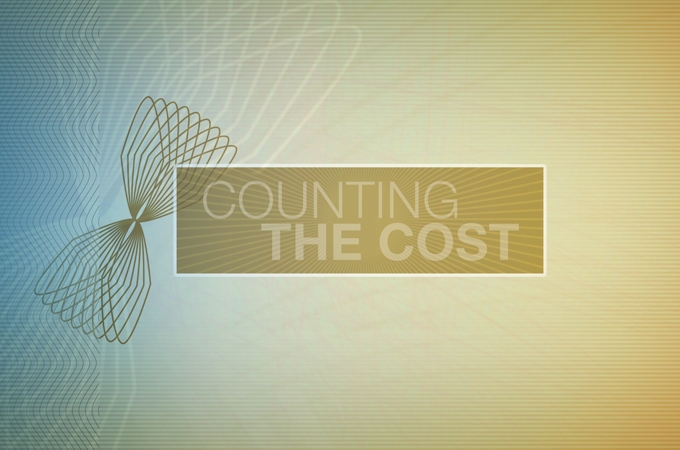
The human cost of the US shutdown
As politicians bring the government to a standstill, we ask what the shutdown means for those who voted them into power.
It was one part politics, one part stonewalling and a large dose of embarrassment for the world’s largest and most powerful economy as a debate over the budget led to a partial US government shutdown.
On this week’s Counting the Cost, we examine the causes, the effects and the uncertainties that lie ahead, not for the politicians, but for those who voted them into office.
In total, the US federal government employs some two million people. Around 800,000 of them have been told not to come into work at all, potentially without pay, while those that are still working do not know when they will be paid. And that means not knowing when or whether they will be able to pay their bills.
Wendy Dwyer is part of a network of paid volunteers in a government-funded anti-poverty programme for the working homeless. Her annual salary is not much and she already has to rely on friends and family to help her out. Like many in her position, she is concerned about what will happen to some of the country’s most vulnerable if homeless shelters like the one where she works can no longer keep their doors open.
“Meals wouldn’t be served and children would not have the same day-to-day contact that … gives them stability,” she says. “Things could change for the worse for the people who are most at risk.”
Georgia Mjartan, the executive director of Our House, the shelter where Dwyer works, agrees: “This is hurting homeless families and their children who are not going to have a meal, who are not going to have a safe place for their children to be so that they can work their way out of homelessness.”
But, why and how would politicians do this to their own country and economy? We put that question to James Boys, a visiting senior research fellow at Kings College London.
The drama may be far from over for the US. The debate over the debt ceiling is the next big one to watch as the Republican-controlled House threatens to refuse to let the US borrow any more money unless Barack Obama, the president, agrees to further budget cutbacks.
If the debt-ceiling is not raised, the country enters default territory and that could have a significant impact not just on the US but on the rest of the world. Al Jazeera’s Patty Culhane explains.
Also on this week’s episode: What do you do when you are one of the most heavily indebted nations in the developed world and need to raise some money? Well, according to the Japanese prime minister, you raise the national sales tax to eight percent.
Al Jazeera’s Wayne Hay went to Tokyo to find out just how that will wash with the Japanese public.
And finally, London is booming again. House prices have shot up, the financial services industry is enjoying its bonuses and there are signs of construction everywhere.
As a result, the Conservative-led government is claiming victory in the debate that has dogged Europe for the past five years – austerity vs. growth.
But travel outside of London and the picture is by no means so clear. Counting the Cost heads to Birmingham, the country’s second city and former industrial heartland, and asks whether the growth being felt in London means anything to the country’s poor.
Watch each week at the following times GMT: Friday: 2230; Saturday: 0930; Sunday: 0330; Monday: 1630. Watch more Counting the Cost. Follow Kamahl Santamaria @KamahlAJE and business editor Abid Ali@abidoliverali |
